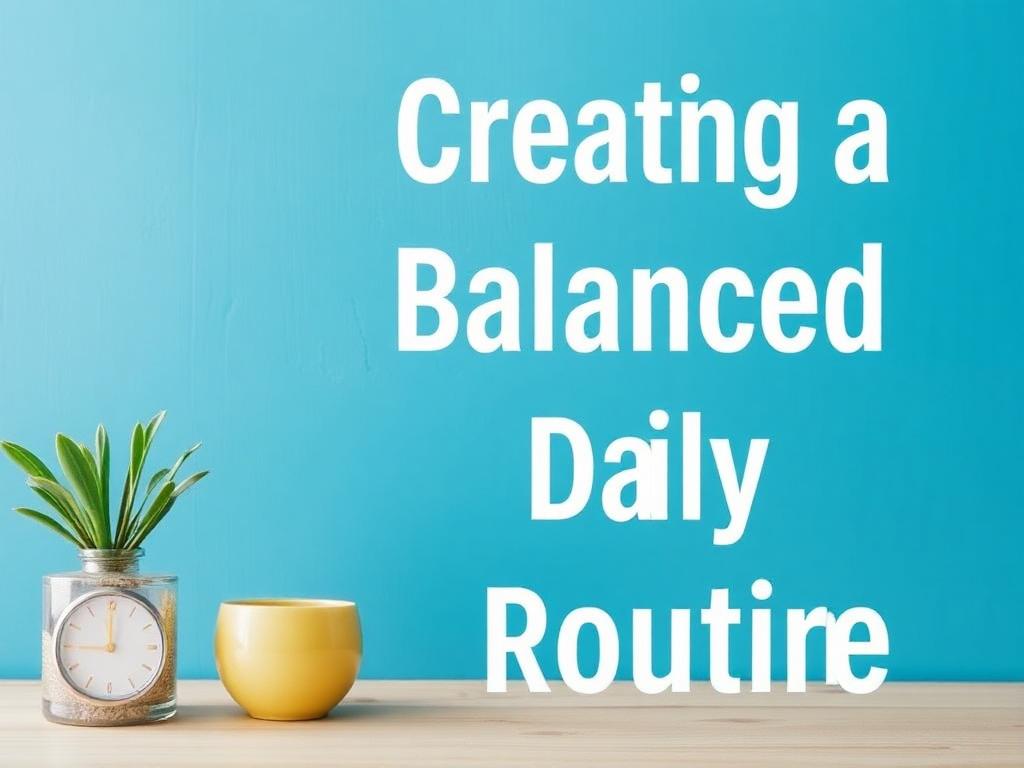The Importance of Regular Health Check-ups
Introduction
In today’s fast-paced world, health often takes a back seat to our busy schedules. However, regular health check-ups are a vital aspect of a healthy lifestyle. They allow early detection of potential health issues and enable preventive measures to ensure overall well-being.
This article delves into the significance of regular health screenings, their benefits, and how they contribute to a longer, healthier life.
Why Are Regular Health Check-ups Important?

Regular health check-ups are not just for when you feel unwell. They are essential for:
- Early Detection of Diseases
Many conditions, such as diabetes, hypertension, and cancer, can be silent in their early stages. Routine screenings can catch these illnesses before they become severe. - Preventive Care
Prevention is always better than cure. Regular check-ups allow doctors to assess risk factors and provide guidance to prevent illnesses. - Monitoring Existing Conditions
For those with chronic diseases, regular visits help manage conditions effectively, preventing complications. - Improving Life Expectancy
By detecting health issues early and treating them promptly, regular check-ups can add years to your life.
What Does a Typical Health Check-up Include?
Health check-ups vary based on age, gender, and medical history. However, some common tests include:
- Physical Examination: Blood pressure, weight, and general health.
- Blood Tests: Check for cholesterol, blood sugar, and other markers.
- Heart Health: ECG or stress tests for cardiovascular health.
- Cancer Screenings: Mammograms, pap smears, colonoscopies, etc., based on age and gender.
- Vision and Hearing Tests: Especially for older adults.
- Immunizations: To ensure vaccines are up-to-date.
How Often Should You Get a Check-up?
The frequency of health check-ups depends on individual factors:
- Young Adults (18–30 years): Every 2–3 years if healthy.
- Middle-aged Adults (30–50 years): Once every 1–2 years.
- Older Adults (50+ years): Annually or more frequently based on health conditions.
Tips for Making the Most of Your Check-up
- Prepare in Advance
List your symptoms, medications, and any questions for the doctor. - Be Honest
Share accurate information about your lifestyle, diet, and habits. - Follow Up
After the check-up, follow the doctor’s recommendations and schedule necessary tests or treatments.
Conclusion
Regular health check-ups are a proactive approach to managing your health. They empower you to take charge of your well-being, identify potential issues early, and maintain a balanced life. Remember, your health is your most valuable asset—invest in it wisely by scheduling regular check-ups.



